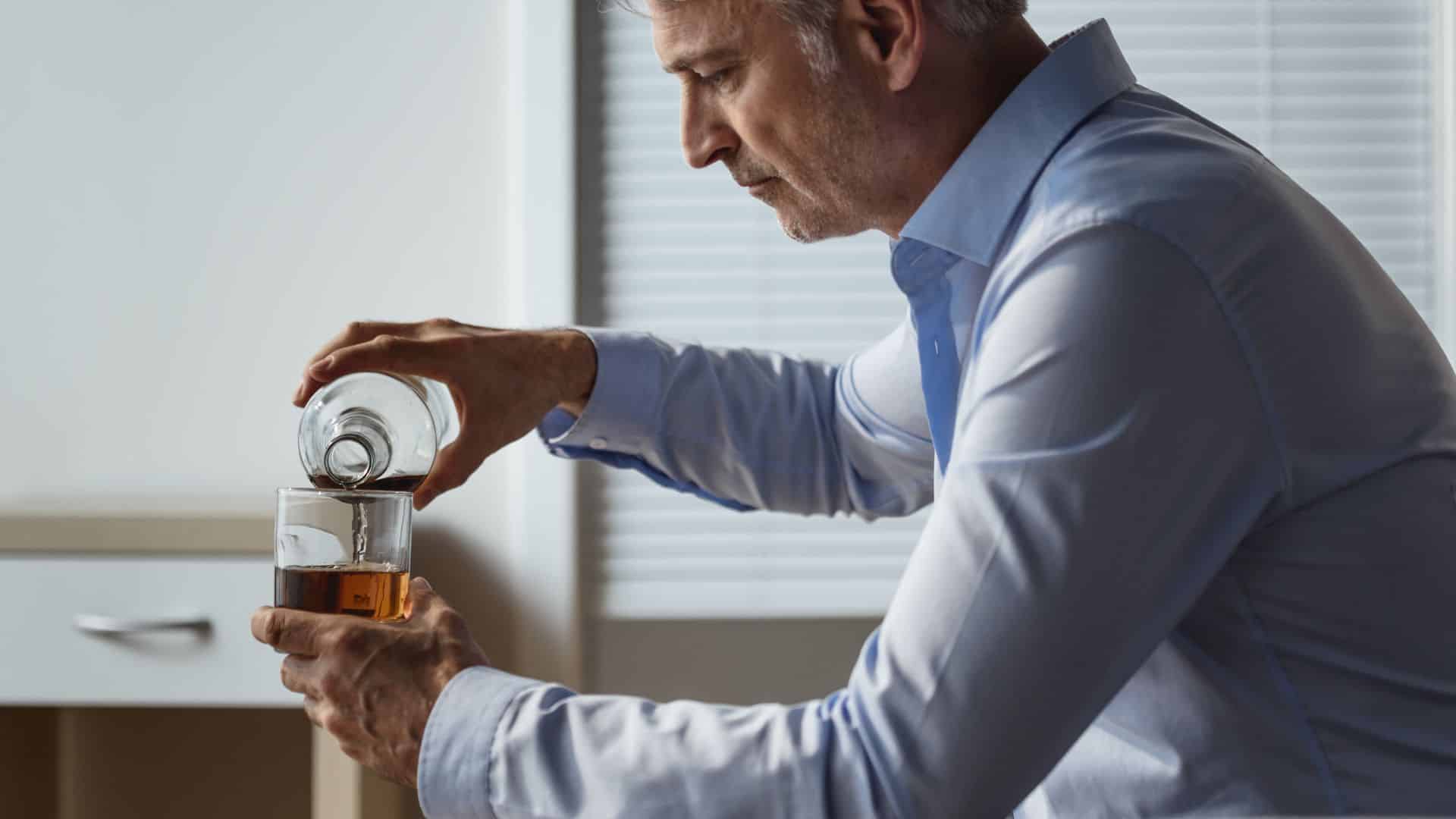
The National Institute on Drug Abuse (NIDA) report

One of the most difficult challenges a person

Maintaining long-term sobriety from addiction is n

Alcoholism is a common problem in the United State
Battling with Drug and Alcohol Addition? Remember, you are not alone and we are here to help you!

The National Institute on Drug Abuse (NIDA) report

One of the most difficult challenges a person

Maintaining long-term sobriety from addiction is n

Alcoholism is a common problem in the United State
When searching for addiction treatment, it’s easy to assume that all rehab centers provide the same level of care. However, not all treatment facilities meet the same standards, which is why rehab accreditation matters.
Accreditation is a certification process that ensures a rehab center meets high standards for safety, effectiveness, and ethical treatment.
Facilities that receive accreditation have undergone in-depth evaluations to confirm they offer evidence-based therapies, qualified staff, and a safe environment for recovery.
Rehab accreditation is a formal certification that confirms a treatment center meets rigorous industry standards for addiction care. This process makes sure that facilities offer safe, ethical, and evidence-based treatment. This gives people the best chance for lasting recovery.
Several organizations oversee rehab accreditation. Each has its own set of standards and focus areas:
Accreditation is not just a label for rehab facilities in the United States. Organizations earn it through a thorough evaluation process.
Facilities must prove they meet strict quality standards, including:
Here’s why rehab accreditation matters:
Accredited rehab centers are required to follow evidence-based treatment approaches, ensuring that patients receive proven, research-backed care.
These include:
Unlike non-accredited facilities, accredited centers develop individualized treatment plans tailored to a person’s specific needs, background, and substance use history.
Accreditation ensures that rehab centers operate ethically and safely, which protects patients from fraudulent or low-quality care.
Accredited facilities must hire licensed and experienced professionals, including certified addiction counselors, psychiatrists, and medical staff. They must also follow strict safety rules to keep patients safe.
They also have to avoid deceptive marketing tactics or unqualified staff—issues commonly found in non-accredited centers.
Accredited rehab centers focus not just on detox and initial treatment but also on long-term success. They offer:
Because recovery is an ongoing process, accredited facilities provide structured programs that support sobriety beyond inpatient treatment.
Many insurance companies will only cover treatment at accredited rehab centers, making accreditation essential.
Accredited facilities often offer more financial aid options for people without insurance. They may provide sliding-scale payment plans or flexible financing to facilitate treatment access.
Without accreditation, a rehab center may not qualify for insurance reimbursement, which then requires individuals to pay out of pocket.
Accredited rehab centers operate with full transparency, meaning they:
Finding the right accredited rehab center involves more than checking for accreditation. It’s also about choosing a treatment option that’s aligned with your specific needs.
Accredited centers offer a range of treatment approaches, including:
Rehab programs can vary in terms of how long they last. Choosing the right duration depends on the severity of the addiction.
Many accredited centers offer flexible programs based on an individual’s progress.
Ask yourself: Do I want treatment for substance abuse and mental health care close to home or in a new environment?
Some accredited facilities offer luxury or private treatment settings, while others focus on affordability and accessibility.
Accredited rehab centers employ licensed and experienced professionals, including:
Accreditation often determines if insurance will cover treatment costs.
Does the rehab center accept your insurance? Do they offer financing options or financial aid for uninsured patients? Are there payment plans available?
Many accredited rehab centers provide financial assistance to make treatment more accessible.
At Solutions Healthcare, we’re proud to be an accredited rehab center in Florida. We offer personalized, evidence-based treatment to help individuals build a strong foundation for lifelong sobriety.
Our caring team of professionals is here to help you or your loved one find lasting recovery.
Contact Solutions Healthcare today to learn more about our approved treatment programs and take the first step toward a healthier, substance-free life.
At Solutions Healthcare Treatment, we’re committed to making your journey to sobriety as smooth as possible. We’ll handle all the details, providing you with a clear and confident path forward. Just one call can be the beginning of your transformation, making us your trusted partner in battling addiction and mental health issues. Today is the day to claim your freedom from these struggles and start living the life you deserve.
Call Us Now: (386) 866-3600Solutions Healthcare Recovery Solutions makes numerous media outlets available to encourage you in your recovery process. Digital media literature is approved by a licensed professional and intended to guide you in your recovery path.

Years of combined experience
Our leadership team has extensive experience in dual-diagnosis treatment and is ready to help those who are struggling with substance use and mental health.

Specialist
Our staff consists of many licensed addiction and mental health treatment facilitators and other staff who are ready to share their experience and their success.

Happy patients
Solutions Healthcare has helped over 2,000 people who have struggled with substance use and mental health.
Reaching out to Solutions Healthcare may be the most important call of your recovery process. A caring professional is waiting for your call to be your guide to recovery and wellness.